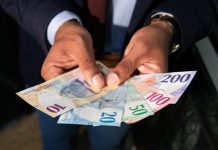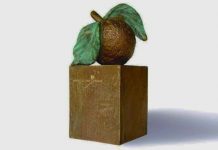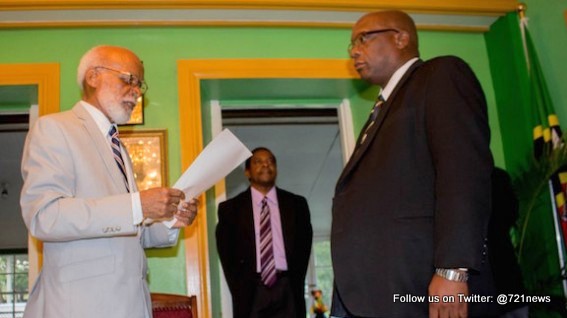Basseterre, St. Kitts, – Persons within the Royal St. Christopher and Nevis Police Force have expressed concern over the growing politicisation of the law enforcement body amidst fears of a creeping element synonymous of Grenada’s Mongoose Gang.
According to multiple sources, the clandestine move by St. Kitts and Nevis’ Prime Minister and Minister of National Security, Dr. Timothy Harris to send Commissioner Queeley on a long vacation leave when he had requested one month’s medical leave, is in part of Harris’ preparation for the upcoming general elections and is aimed at muzzling and harassing the opposition parties and persons who are critical of his Team Unity Government.
“Our Police Force is fast becoming a political arm of the Team Unity government. It seems to be all about Dr. Harris’ dirty politics,” said a male constable last week and who requested anonymity for fear of persecution.
The sending of Commissioner Queeley on “vacation” is said to be a part of a wider diabolical plan.
There is growing fear that soon to be announced appointments could see the emergence of an element within the force, similar to the feared Mongoose Gang of former Prime Minister Sir Eric Gairy of Grenada.
According to Wikipedia, The Mongoose Gang was a private army or militia which operated from 1970 to 1979 under the control of Sir Eric Gairy, the Premier and later Prime Minister of Grenada, and head of the Grenada United Labour Party.
The Mongoose Gang was responsible for silencing critics, breaking up demonstrations and murdering opponents of the Gairy regime, including Rupert Bishop, the father of Maurice Bishop in January 1974.
Maurice Bishop himself was beaten by members of the Mongoose Gang two months previously, in November 1973, and jailed.
The violence of the Mongoose Gang and the Grenadian police became a more important factor than the state of the economy in generating unrest.
In November 1974, 10 months after Grenada’s independence from Great Britain, Bishop’s New Jewel Movement issued a People’s Indictment calling for “power to the people” and declaring that “the Gairy Government was born in blood, baptized in fire, christened with bullets, is married to foreigners, and is resulting in death to the people”.[9]
In the 1976 Grenadian general election, the Grenada United Labour Party won nine of the 15 seats, whilst the opposition People’s Alliance (a coalition of the New Jewel Movement, the Grenada National Party and the United People’s Party) won the remainder. However, the elections were marred by fraud (and branded fraudulent by international observers), as the Mongoose Gang had been threatening the opposition.































